EU wants Europe to be supercomputing superpower
Exascale computing looks set to get a boost in Europe as the EU plans to double its investment in HPC.
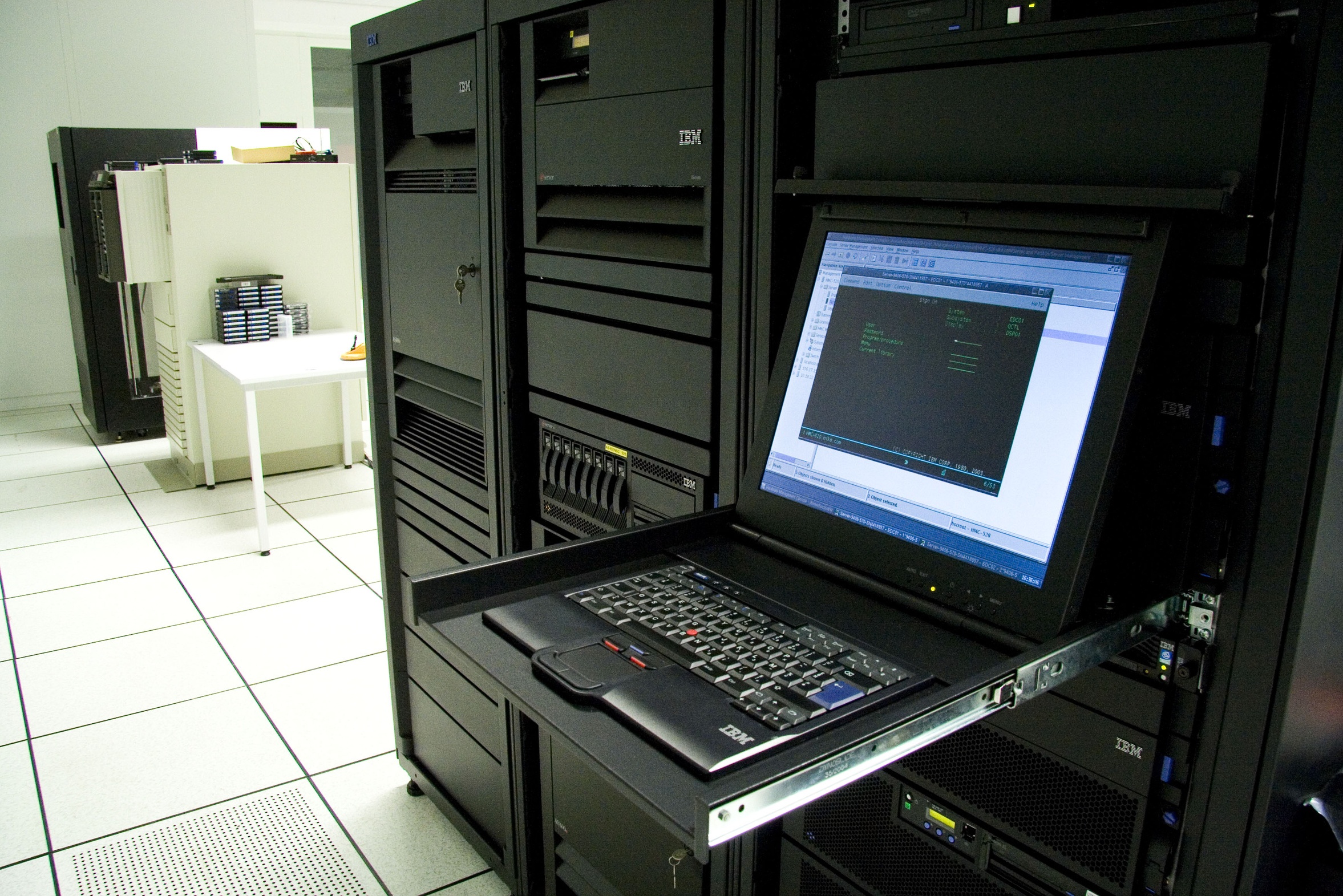

The European Commission today unveiled plans to make Europe a leading light in high-performance computing (HPC).
The EC said there had been a "relative decline in HPC use and capabilities," but it hopes that will be reversed with a doubling of investment in supercomputing.
High Performance Computing is a crucial enabler for European industry and for more jobs in Europe.
The EU plans to increase investment in the industry from 630 million to 1.2 billion and run machines that can perform 1,000,000,000,000,000,000 tasks per second, otherwise known as exascale computing.
"High Performance Computing is a crucial enabler for European industry and for more jobs in Europe," said Neelie Kroes, the EC's vice president responsible for the Digital Agenda.
"It's investments like HPC that deliver innovations improving daily life. We've got to invest smartly in this field because we cannot afford to leave it to our competitors."
The EC wants to see greater use of HPC systems and services amongst industry players and SMEs.
Get the ITPro daily newsletter
Sign up today and you will receive a free copy of our Future Focus 2025 report - the leading guidance on AI, cybersecurity and other IT challenges as per 700+ senior executives
HPC has traditionally been reserved for larger enterprises, due to the significant cost. Supercomputers can cost as much as 100 million or more just to build.
Major manufacturers do lease out usage of their HPC machines, however. Indeed, Intel told IT Pro last year that supercomputing was going to become much more mainstream in the coming years.
The EC said it would like to see "centres of excellence" established for software in scientific fields like energy, life-sciences and climate.
Andy Grant, an HPC expert at IBM, welcomed the announcement.
"It's not just good for us but good for the European economy," he told IT Pro.
"It's good that the EU is recognising importance in HPC. It's something the UK Government has been doing as well."
As for whether HPC capabilities could reach SMEs, Grant claimed there has been a lot of effort to make HPC more SME friendly.
"We can't say for certain the barrier for entry will come down but I would advise SMEs go to cloud providers and see if they can dip their feet in HPC," he added.
Tom Brewster is currently an associate editor at Forbes and an award-winning journalist who covers cyber security, surveillance, and privacy. Starting his career at ITPro as a staff writer and working up to a senior staff writer role, Tom has been covering the tech industry for more than ten years and is considered one of the leading journalists in his specialism.
He is a proud alum of the University of Sheffield where he secured an undergraduate degree in English Literature before undertaking a certification from General Assembly in web development.
-
 Bigger salaries, more burnout: Is the CISO role in crisis?
Bigger salaries, more burnout: Is the CISO role in crisis?In-depth CISOs are more stressed than ever before – but why is this and what can be done?
By Kate O'Flaherty Published
-
 Cheap cyber crime kits can be bought on the dark web for less than $25
Cheap cyber crime kits can be bought on the dark web for less than $25News Research from NordVPN shows phishing kits are now widely available on the dark web and via messaging apps like Telegram, and are often selling for less than $25.
By Emma Woollacott Published
-
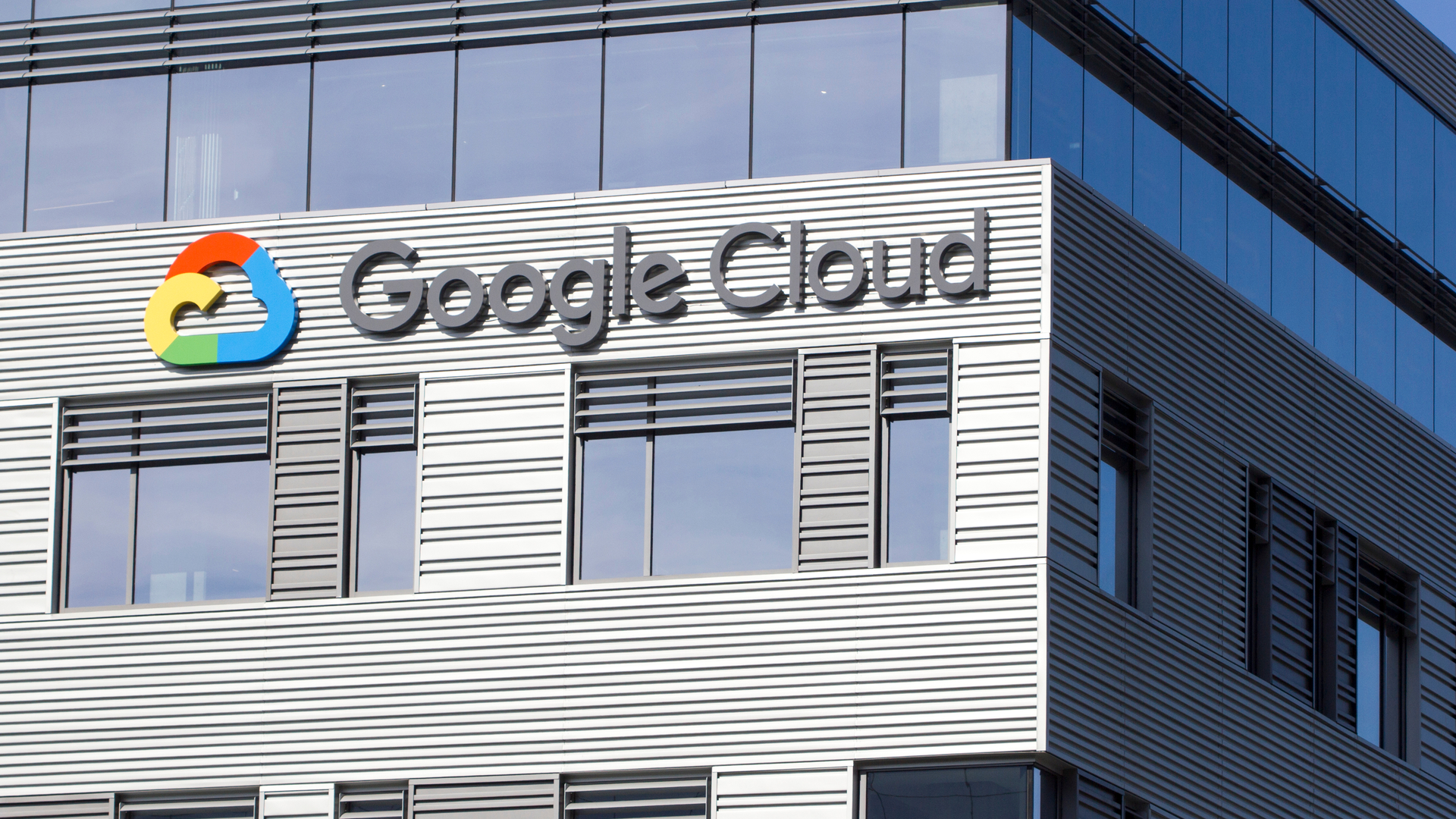 Google claims its AI chips are ‘faster, greener’ than Nvidia’s
Google claims its AI chips are ‘faster, greener’ than Nvidia’sNews Google's TPU has already been used to train AI and run data centres, but hasn't lined up against Nvidia's H100
By Rory Bathgate Published
-
 £30 million IBM-linked supercomputer centre coming to North West England
£30 million IBM-linked supercomputer centre coming to North West EnglandNews Once operational, the Hartree supercomputer will be available to businesses “of all sizes”
By Ross Kelly Published
-
 How quantum computing can fight climate change
How quantum computing can fight climate changeIn-depth Quantum computers could help unpick the challenges of climate change and offer solutions with real impact – but we can’t wait for their arrival
By Nicole Kobie Published
-
 “Botched government procurement” leads to £24 million Atos settlement
“Botched government procurement” leads to £24 million Atos settlementNews Labour has accused the Conservative government of using taxpayers’ money to pay for their own mistakes
By Zach Marzouk Published
-
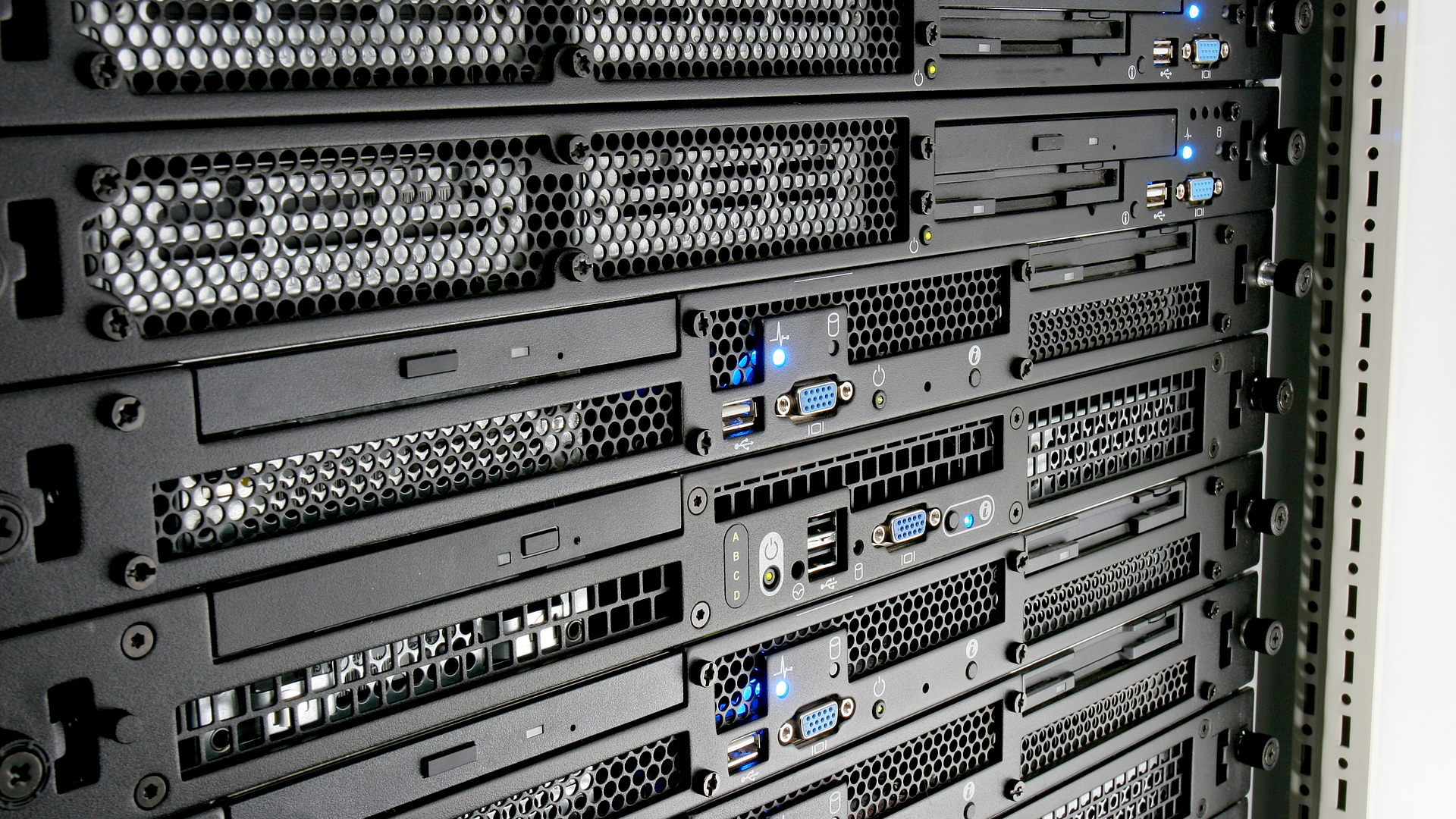 Dell unveils four new PowerEdge servers with AMD EPYC processors
Dell unveils four new PowerEdge servers with AMD EPYC processorsNews The company claimed that customers can expect a 121% performance improvement
By Zach Marzouk Published
-
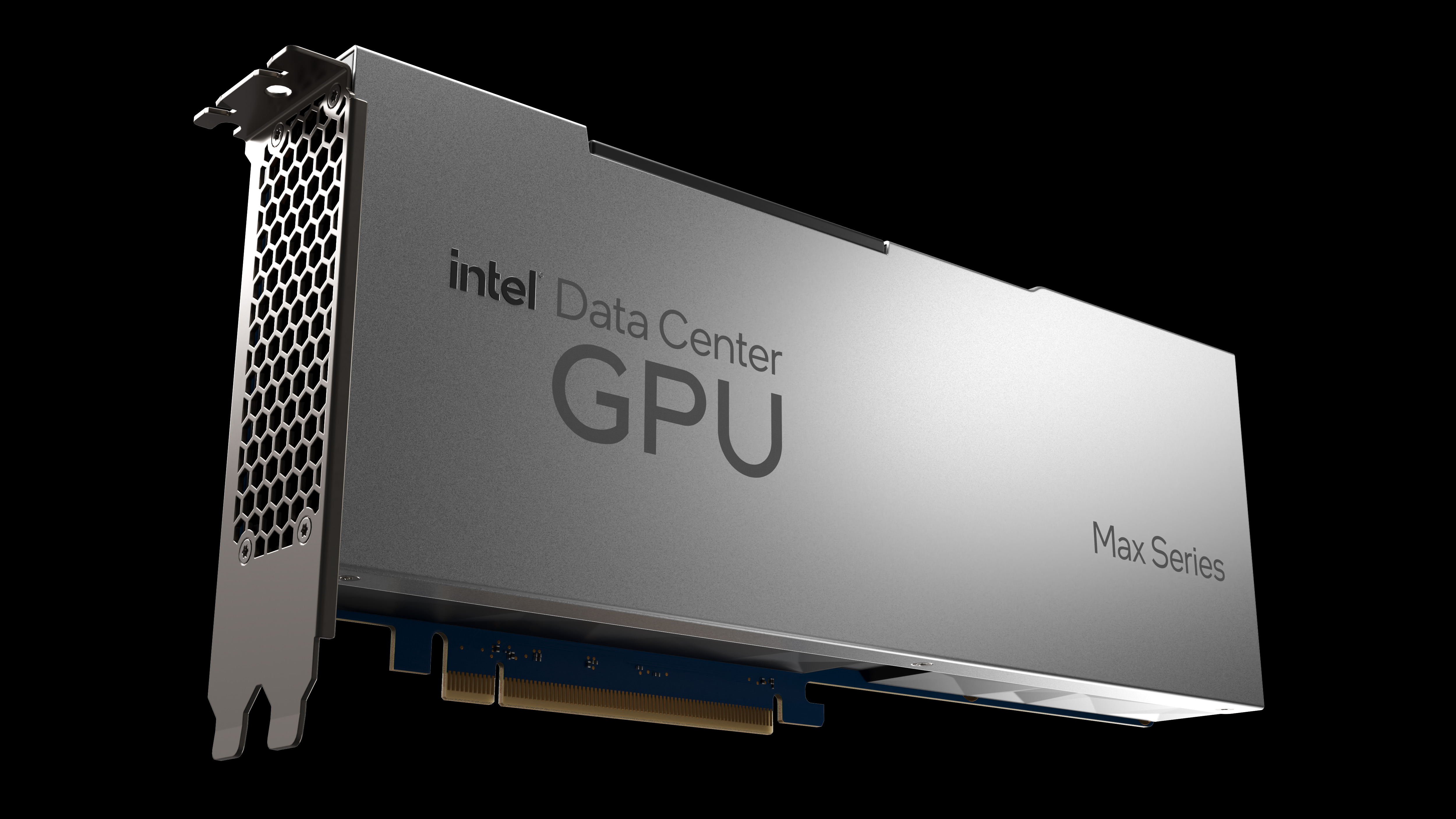 Intel unveils Max Series chip family designed for high performance computing
Intel unveils Max Series chip family designed for high performance computingNews The chip company claims its new CPU offers 4.8x better performance on HPC workloads
By Zach Marzouk Published
-
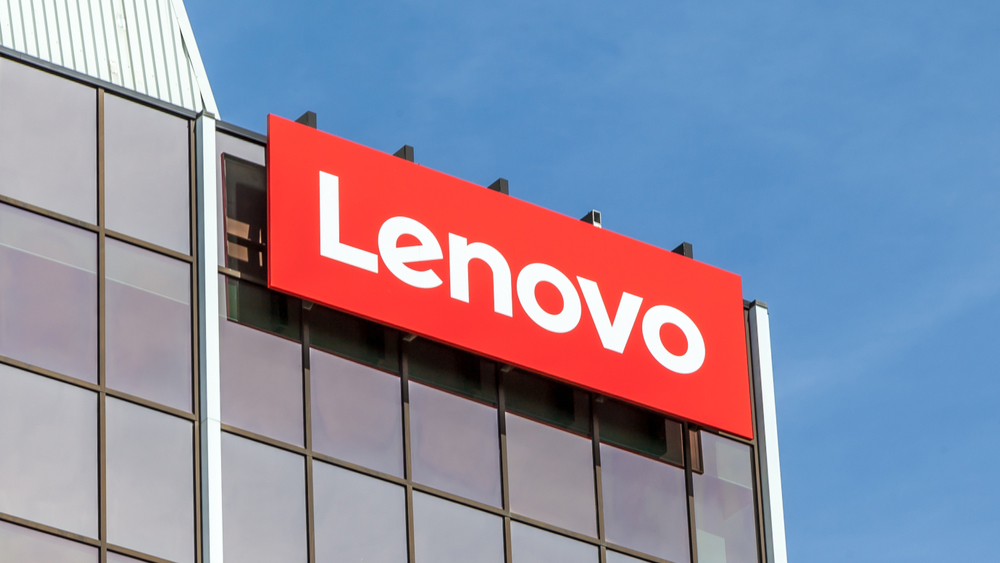 Lenovo unveils Infrastructure Solutions V3 portfolio for 30th anniversary
Lenovo unveils Infrastructure Solutions V3 portfolio for 30th anniversaryNews Chinese computing giant launches more than 50 new products for ThinkSystem server portfolio
By Bobby Hellard Published
-
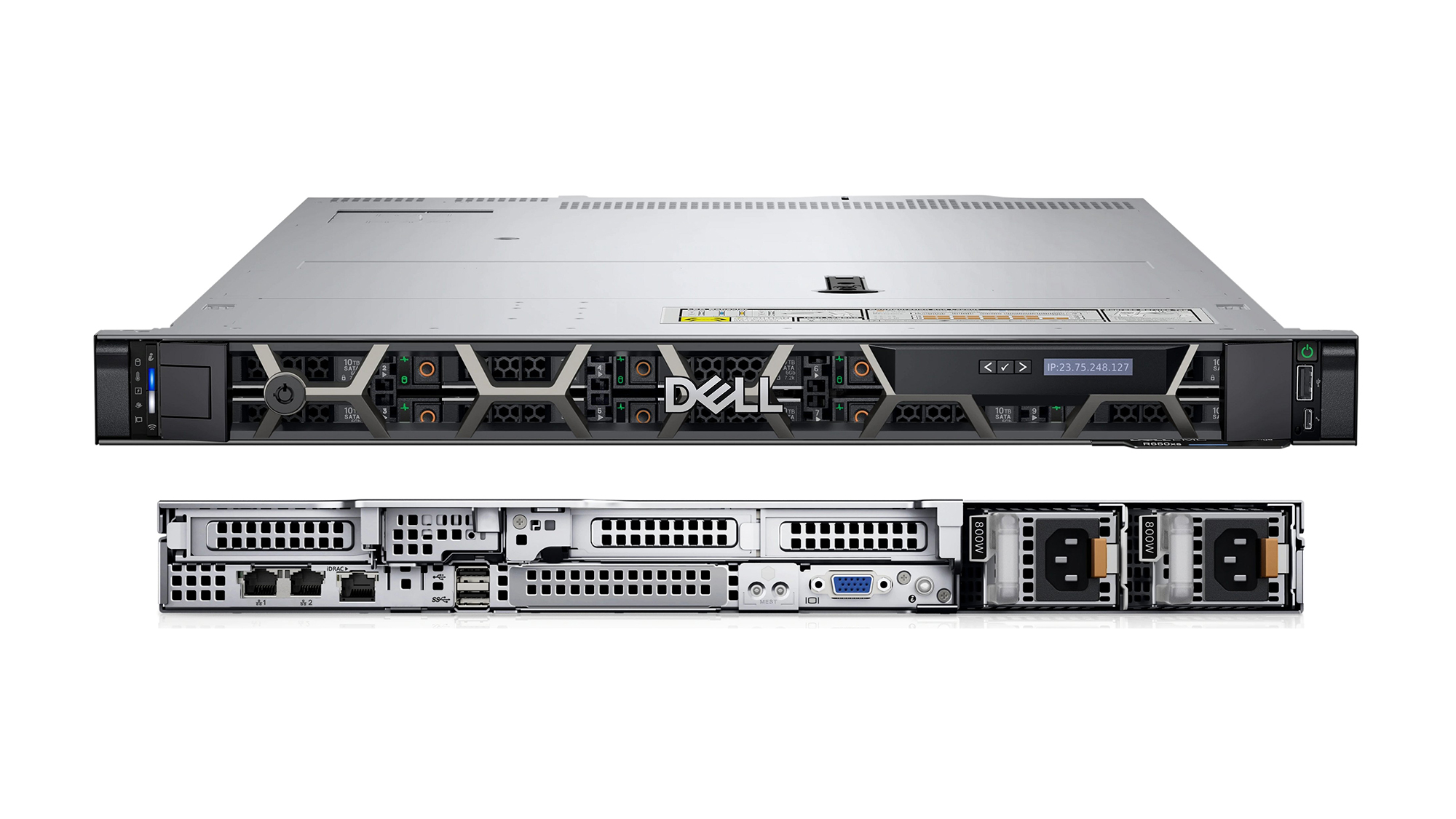
 Dell EMC PowerEdge R650xs review: An ‘xtra special’ rack server
Dell EMC PowerEdge R650xs review: An ‘xtra special’ rack serverReviews A powerful and expandable 1U rack server that’s ideal for businesses on a strict budget
By Dave Mitchell Published